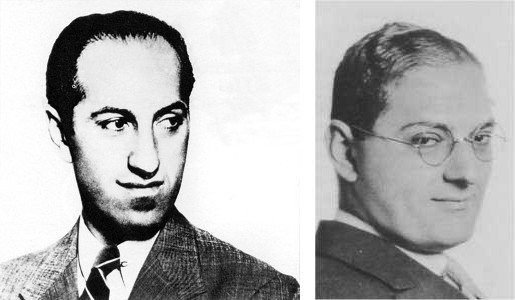
asmatographer
n. a composer of songs
While on the road with his 1927 musical Funny Face, George Gershwin left “two notebooks containing at least forty tunes” in a hotel room in Wilmington, Del. “After calling the hotel and learning the notebooks could not be located, he did not seem greatly perturbed,” wrote his brother and lyricist, Ira. “His attitude is that he can always write new ones.”
George was a songwriting machine, always at work. “I can think of no more nerve-wracking, no more mentally arduous task than making music,” he said in 1930. “There are times when a phrase of music will cost many hours of internal sweating.” Though he would sometimes try ideas at the piano, he insisted that “the actual composition must be done in the brain” — the fifth and final version of “Strike Up the Band” came to him in bed, and he heard, and even saw on paper, the complete construction of Rhapsody in Blue while riding a train from New York to Boston. “Like a pugilist,” he once said, “the songwriter must always keep in training.”
Ira’s struggle was less apparent. While working on lyrics he would wander the room, singing to himself or playing the piano with one finger. A new maid once asked his wife, “Don’t Mr. Gershwin never go to work?”
